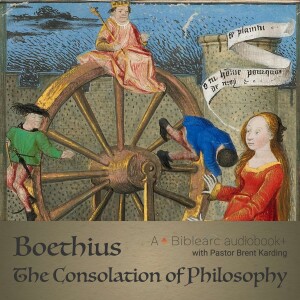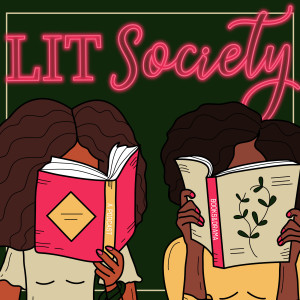

Philosophy asserts that not only do the wicked have no power, but also that the accomplishment of wicked people’s desires adds to their misery. Further, their wrongdoing is often limited by their sudden destruction. What follows from these truths is that wicked people who are punished are happier than if they were not punished. For it is just and, therefore, good for the wicked to be punished, who then experience something good. To know and love this truth is to be rewarded within one’s self, and to hate it is to be punished within one’s self—but tragically, the majority of mankind rejects this truth.
A further truth is that those who inflict injustice on others are unhappier than those so afflicted, for those who act wickedly are wretched, and so worse off than those they afflict! Thus they are worthy of the pity of the wise, not hatred.
About The Consolation of PhilosophyWritten in the 6th-century from a prison cell as the author awaits execution for a crime he did not commit, The Consolation of Philosophy is a dialogue between Boethius and a mysterious woman—Lady Philosophy—who helps him rediscover wisdom and virtue.
Subscribe now and begin walking the path of wisdom with us.
Want to go deeper?You’re invited to join the companion course that dives deep into each of the five books. There, we’ll explore each chapter, with guided readings, discussion prompts, and study tools to enrich your journey. Enroll today.
More Episodes
All Episodes>>Create Your Podcast In Minutes
- Full-featured podcast site
- Unlimited storage and bandwidth
- Comprehensive podcast stats
- Distribute to Apple Podcasts, Spotify, and more
- Make money with your podcast












